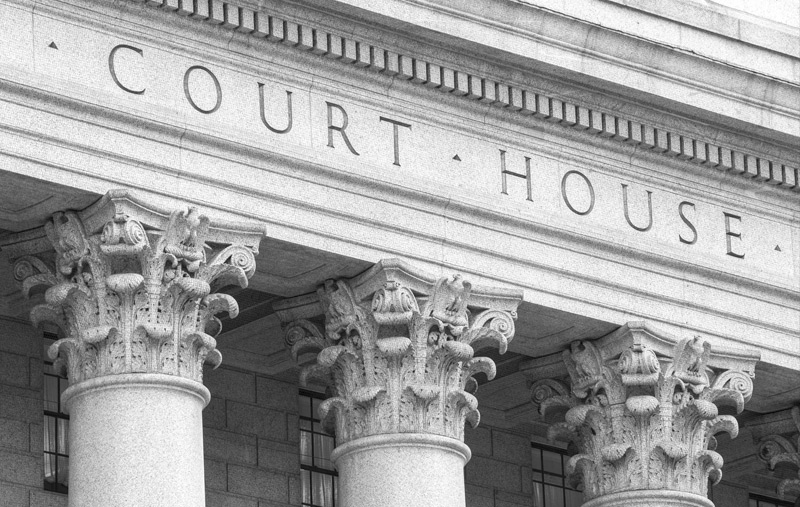Washington court ruling leads to release of multiple inmates
Most court cases only affect the individual involved in the case or occasionally people in similar circumstances in the future. However, sometimes, the courts reach a ruling that has broad-reaching implications for those who could run afoul of the law in the future as well as those already in the criminal justice system because of a mistake they made.
A Washington Supreme Court ruling on February 25, 2021, determined that state’s drug possession laws were, in fact, unconstitutional. The State v. Blake ruling means that unless state lawmakers enact new laws, even knowing possession of a controlled substance is not a crime.
Now, 15 inmates in Washington prisons have secured release through the Governor’s intervention due to the ruling, and more could likely reap the benefits of these changes in the near future.
How many people could the Blake ruling affect?
According to estimates by state authorities and reporters, there could be more than 100 people in state custody and more than 7,000 people under community supervision affected by this ruling. There could be more than 6,000 others who could qualify for resentencing consideration because of a possession charge.
The state has already moved to start releasing those incarcerated individuals, and the governor’s recent commutations helped speed the process for more than a dozen others. Those who might qualify for leniency under this new ruling will either need to push for review by the facility that holds them or petition the governor. Prisons may give certain inmates access to streamlined petitions if they are currently incarcerated solely for possession offenses.
The power of a retroactive legal decision
It isn’t just those currently in state facilities or under state supervision during community release who could benefit from the Blake ruling. Those who have already served their sentence and moved on with their lives could find that this ruling could help them put the past truly behind them.
It could be possible for those with previous convictions to ask the courts to vacate the conviction or seal their record to limit the lasting impact of their previous criminal conviction on their future. Non-violent drug offenders charged with serious possession crimes could have a bright future, even if their charges were from years ago, thanks to the retroactive impact of this ruling.

